Android and iOS are the two most used mobile operating systems in the world. This is also why it is logical that users compare them with each other. Whenever the Android vs. iOS, there will be an upheaval that the first mentioned has more RAM than the second, and must therefore be naturally "better". But is that really the case?
When you compare flagship Android phones and an iPhone made in the same year, you'll find that it's actually true that iPhones generally have less RAM than their rivals. More surprising, however, is the fact that iOS devices run just as fast, or even faster than Android phones with higher amounts of RAM.
It could be interest you

The current iPhone 13 Pro series has 6 GB of RAM, while the 13 models only have 4 GB. But if we look at what is probably the biggest iPhone company, Samsung, its Galaxy S21 Ultra 5G model even has up to 16GB of RAM. The winner of this race should be clear. If we measure "size", then yes, but compared to Android phones, iPhones simply do not need as much RAM to still rank among the fastest smartphones in the world.
Why do Android phones need more RAM to run efficiently?
The answer is actually quite simple and depends on the programming language you are using. Much of Android, including Android apps, is generally written in Java, which is the official programming language for the system. From the beginning, this was the best possible choice because Java uses a "virtual machine" to compile operating system code that runs on many devices and processor types. This is because Android was designed to work on devices with different hardware configurations from different manufacturers. In contrast, iOS is written in Swift and runs only on iPhone devices (previously also on iPads, although its iPadOS is actually just an offshoot of iOS).
Then, because of how Java is configured, the memory freed up by the applications you close must be returned to the device through a process known as Garbage Collection - so that it can be used by other applications. This is such an effective process in helping the device itself run smoothly. The problem, of course, is that this process requires a sufficient amount of RAM. If it is not available, the processes slow down, which the user observes in the overall sluggish response of the device.
It could be interest you
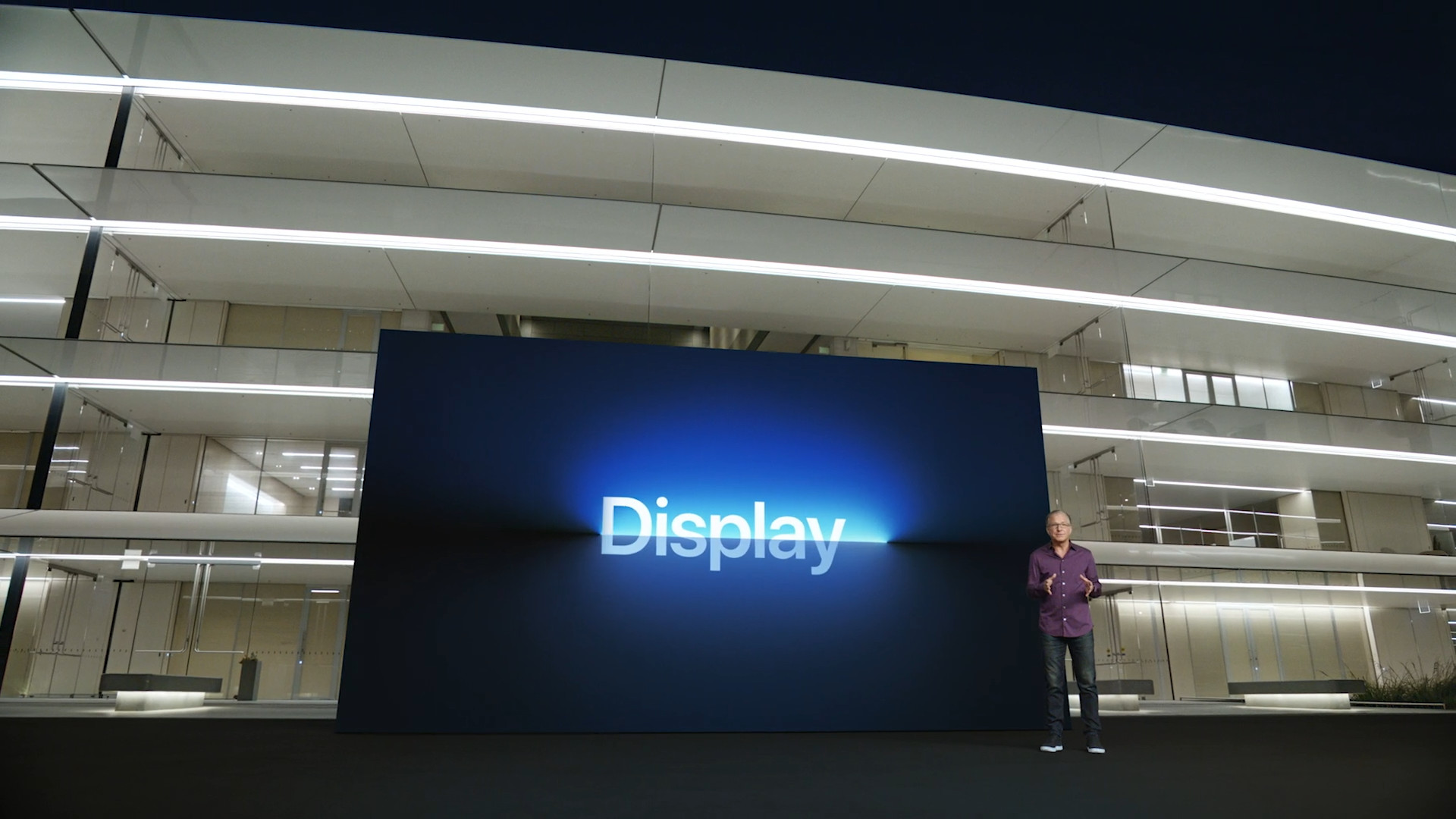
Situation in iOS
iPhones don't need to recycle used memory back into the system, just because of how their iOS is built. Additionally, Apple also has more control over iOS than Google does over Android. Apple knows what type of hardware and devices its iOS runs on, so it builds it to run simply as smoothly as possible on such devices.
It is logical that RAM on both sides grows over time. Of course, more demanding applications and games are responsible for this. But it's clear that if Android phones are going to compete with iPhones and their iOS at any point in the future, they'll simply always win. And it should leave all iPhone (iPad, by extension) users completely cold.
 Adam Kos
Adam Kos 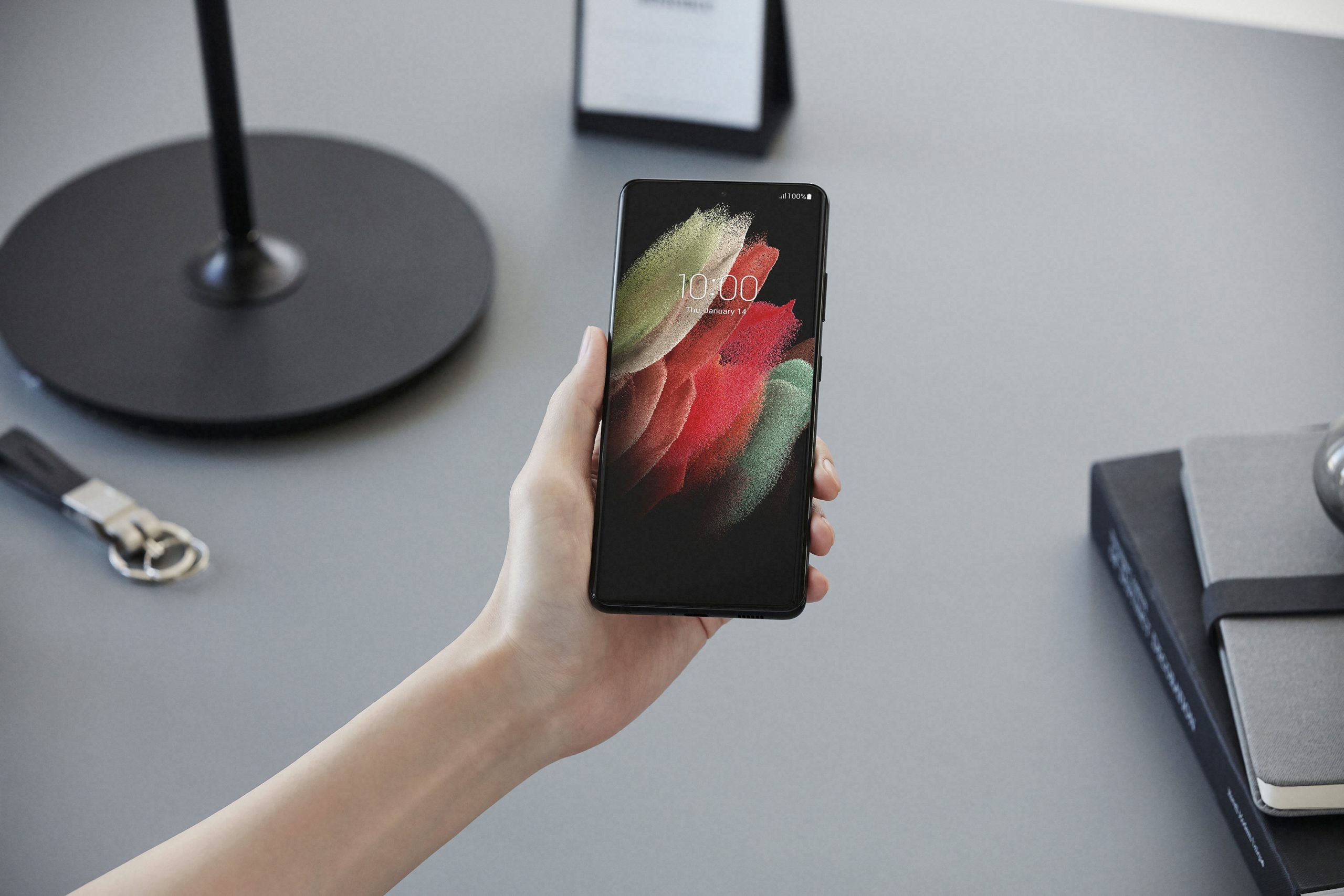
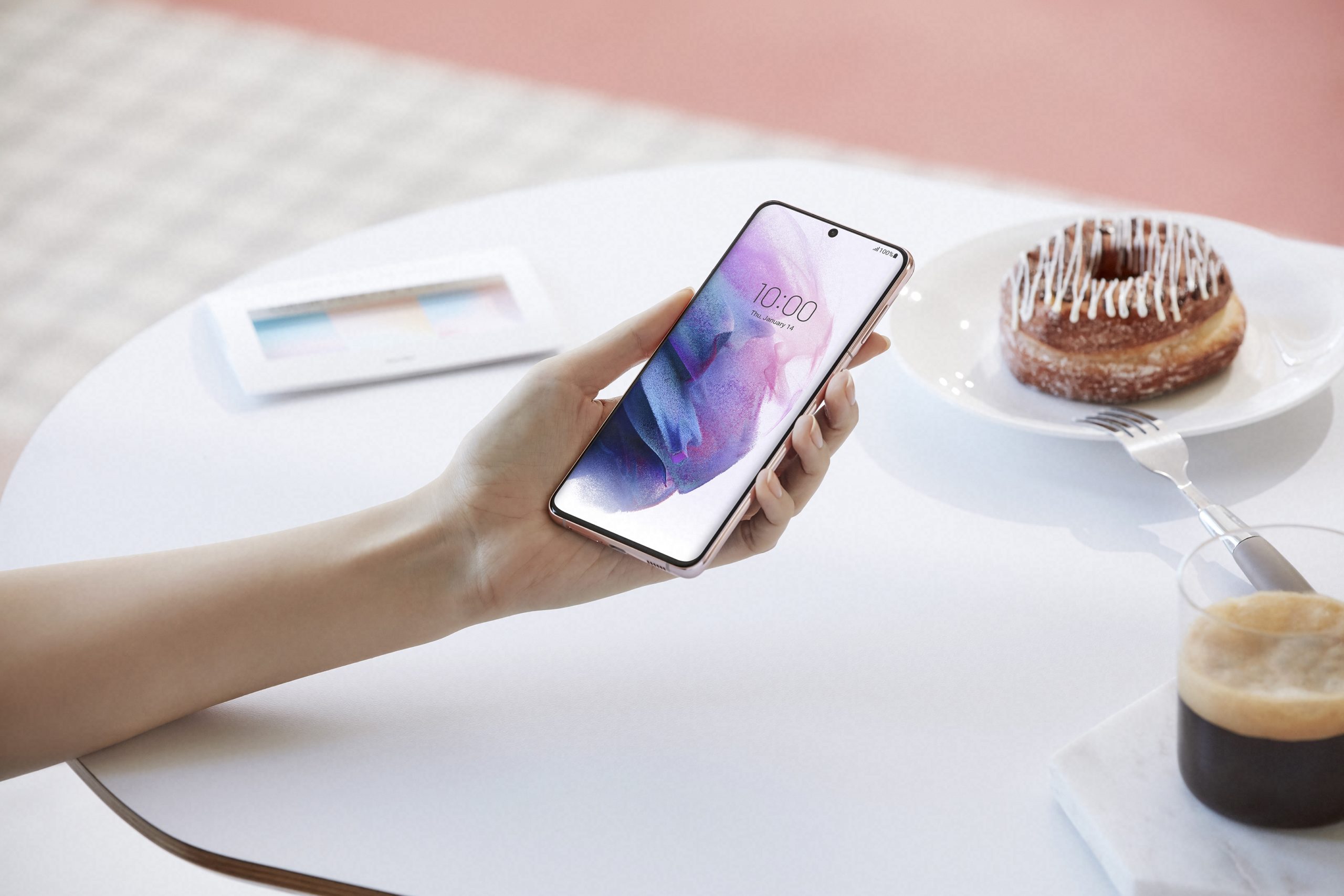

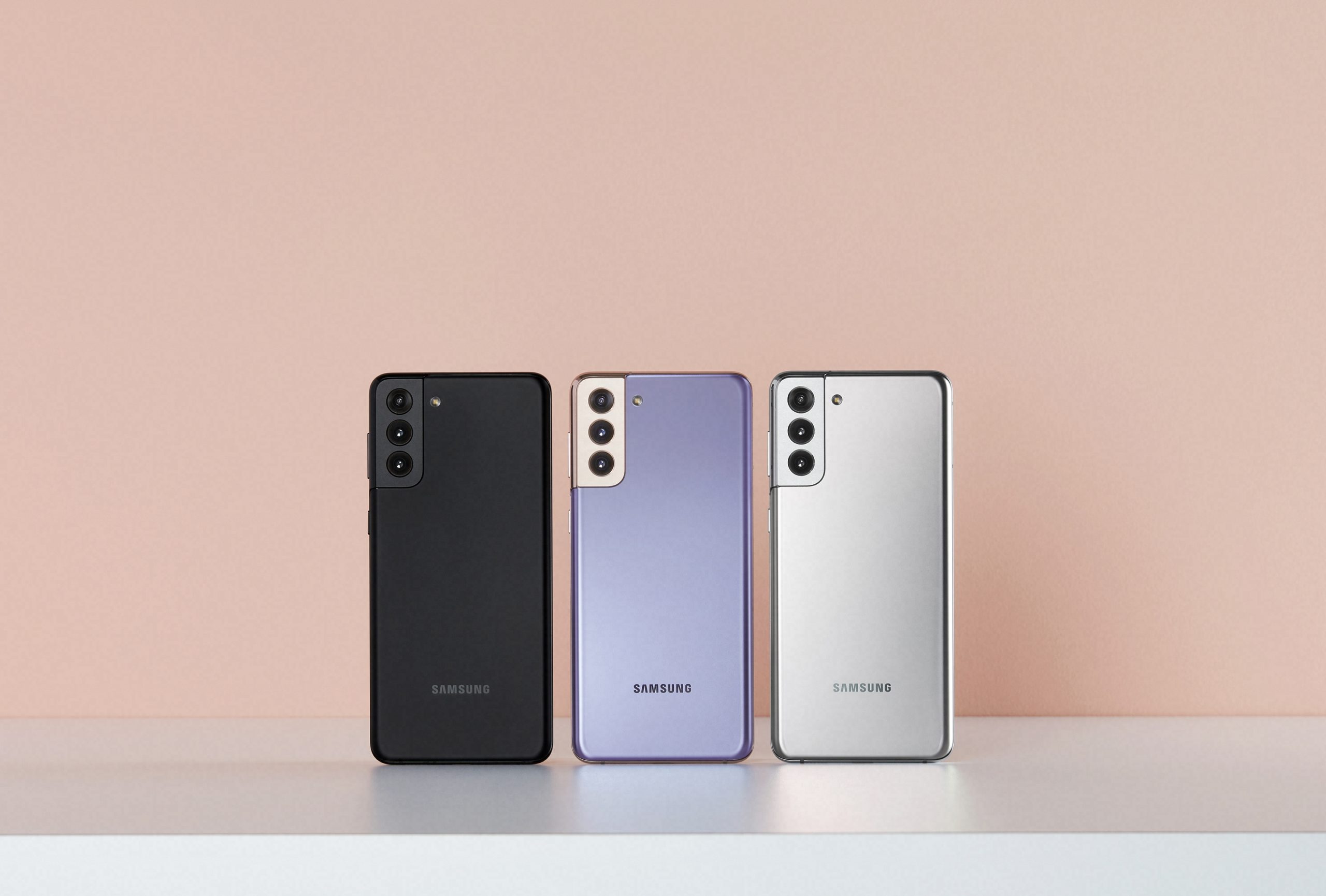
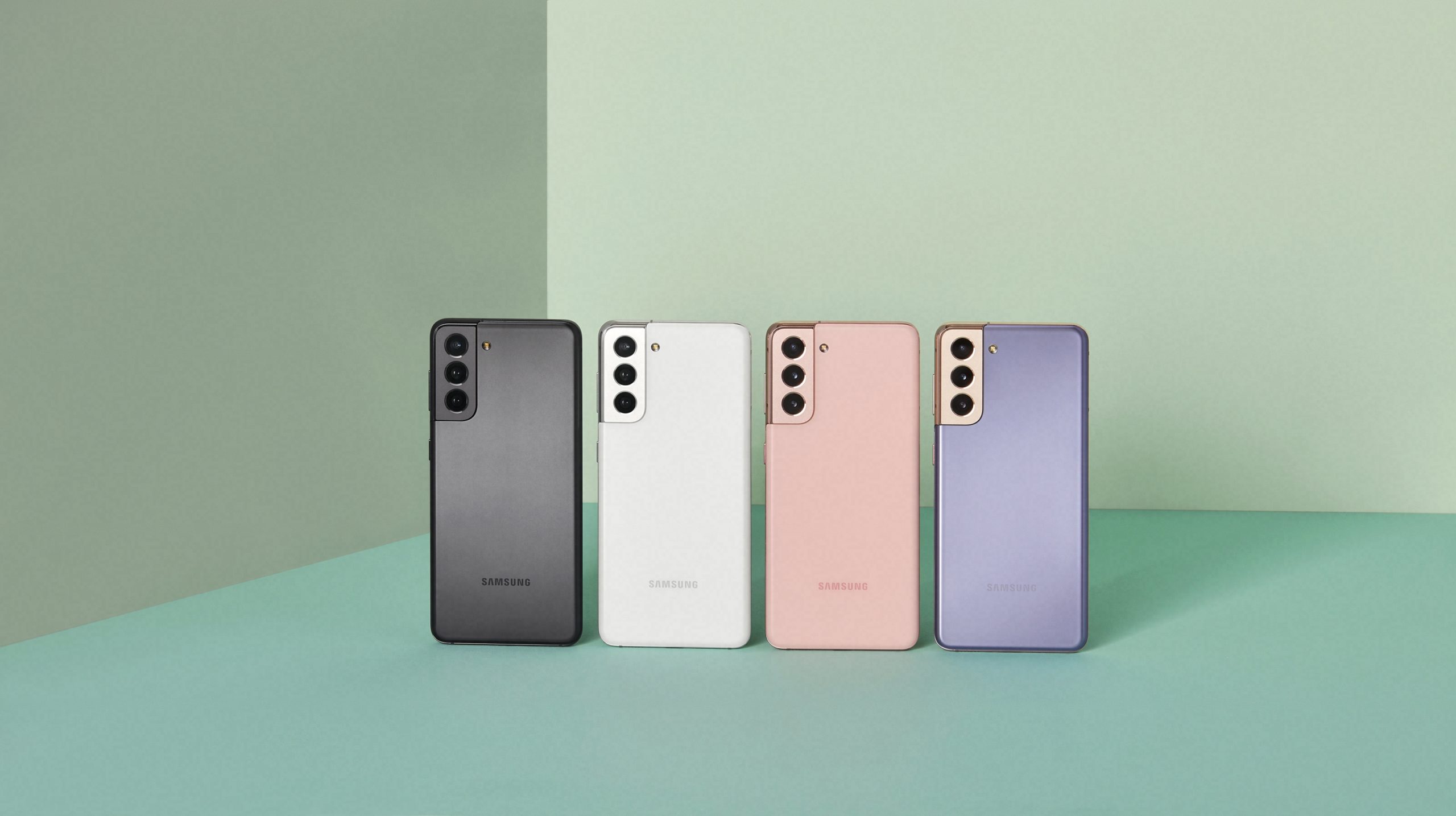
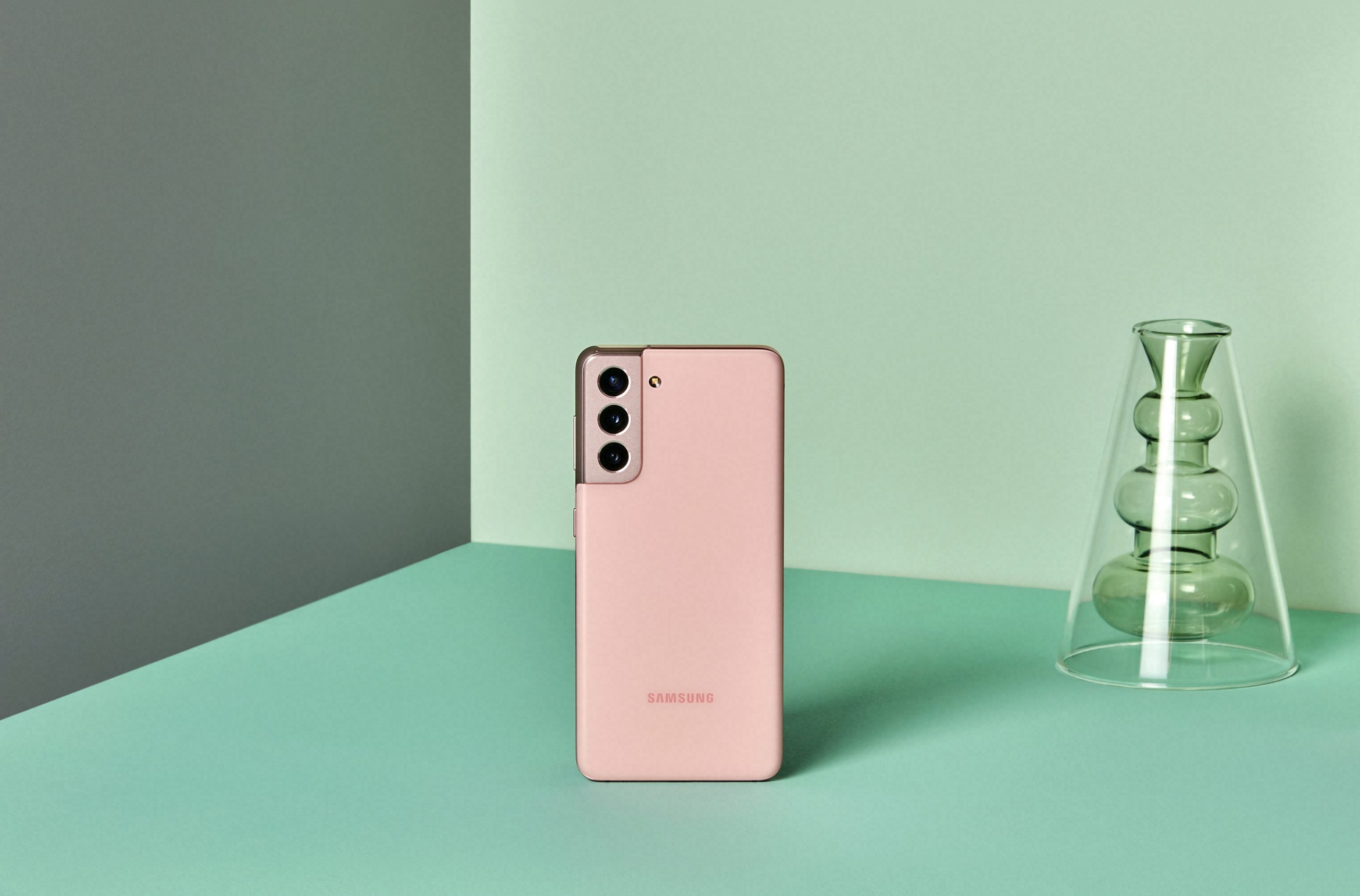
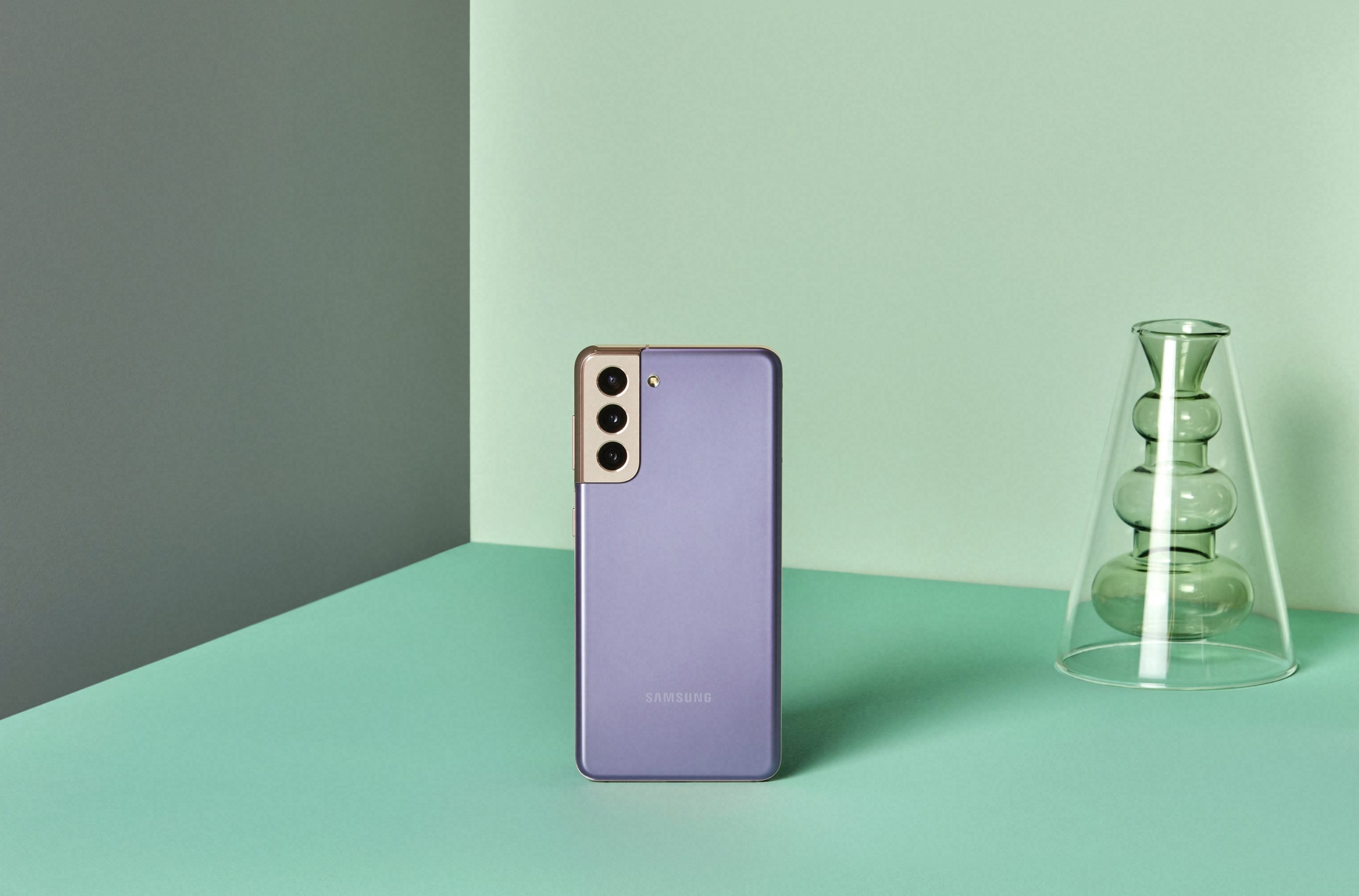
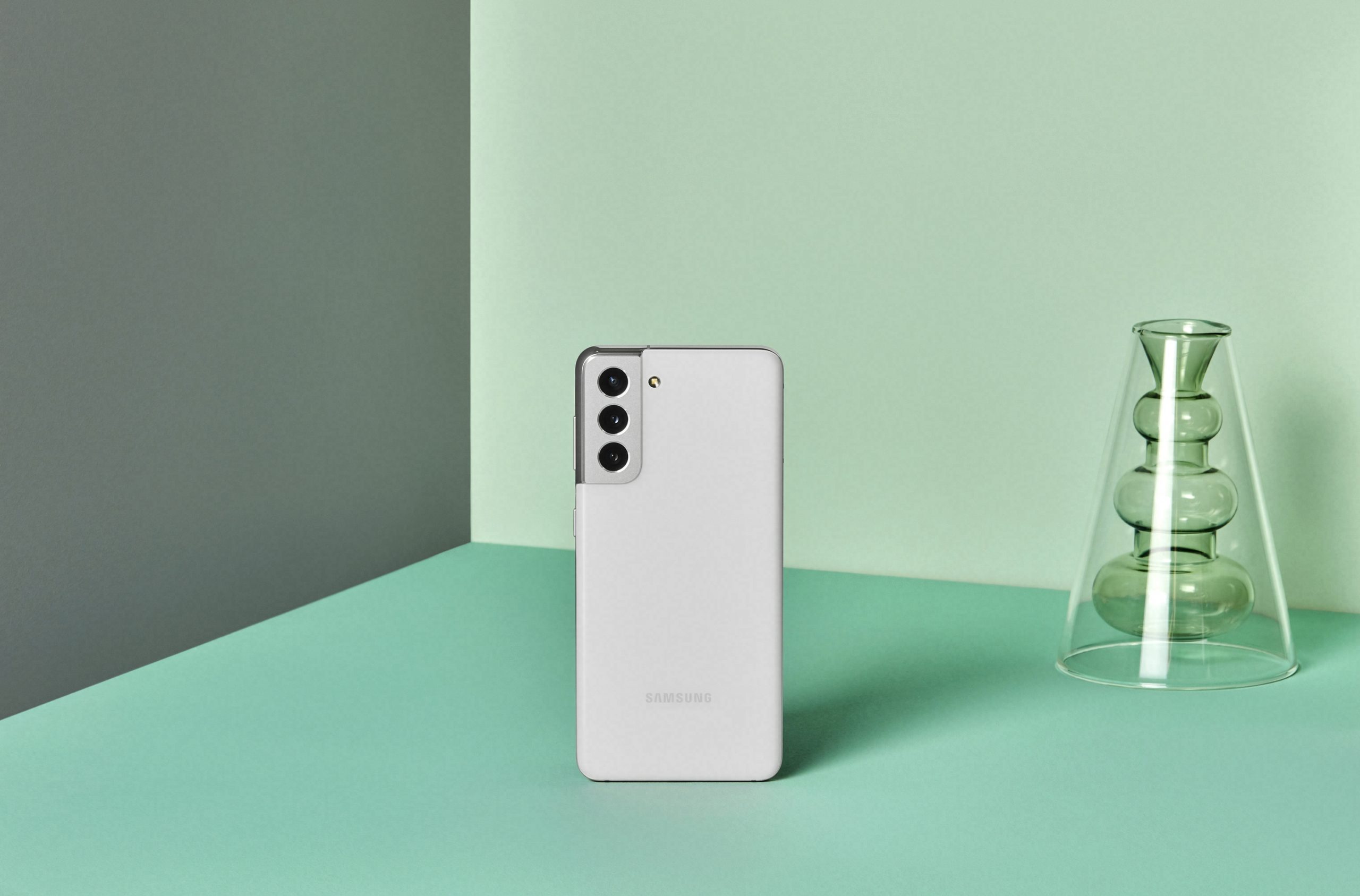
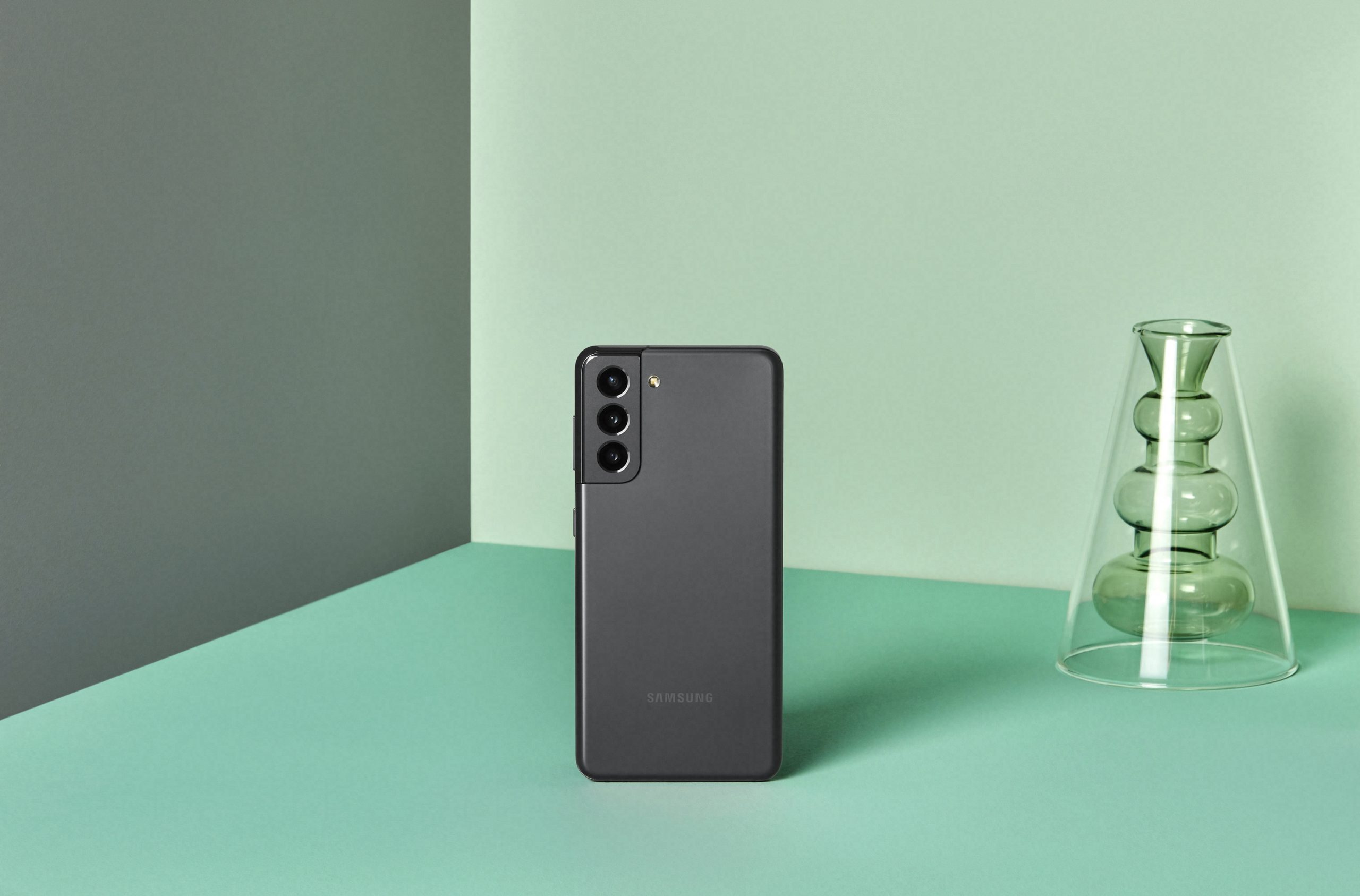



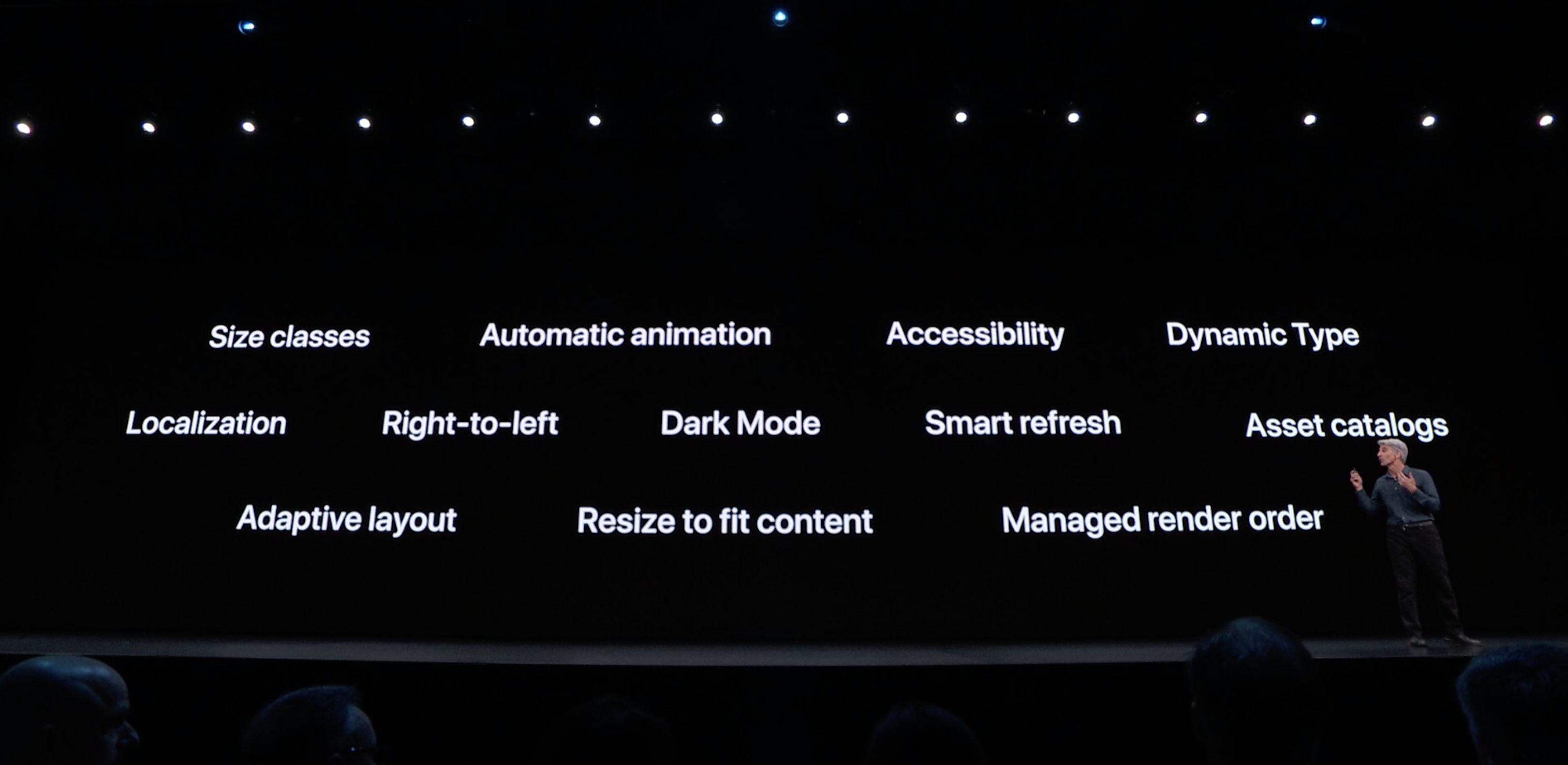
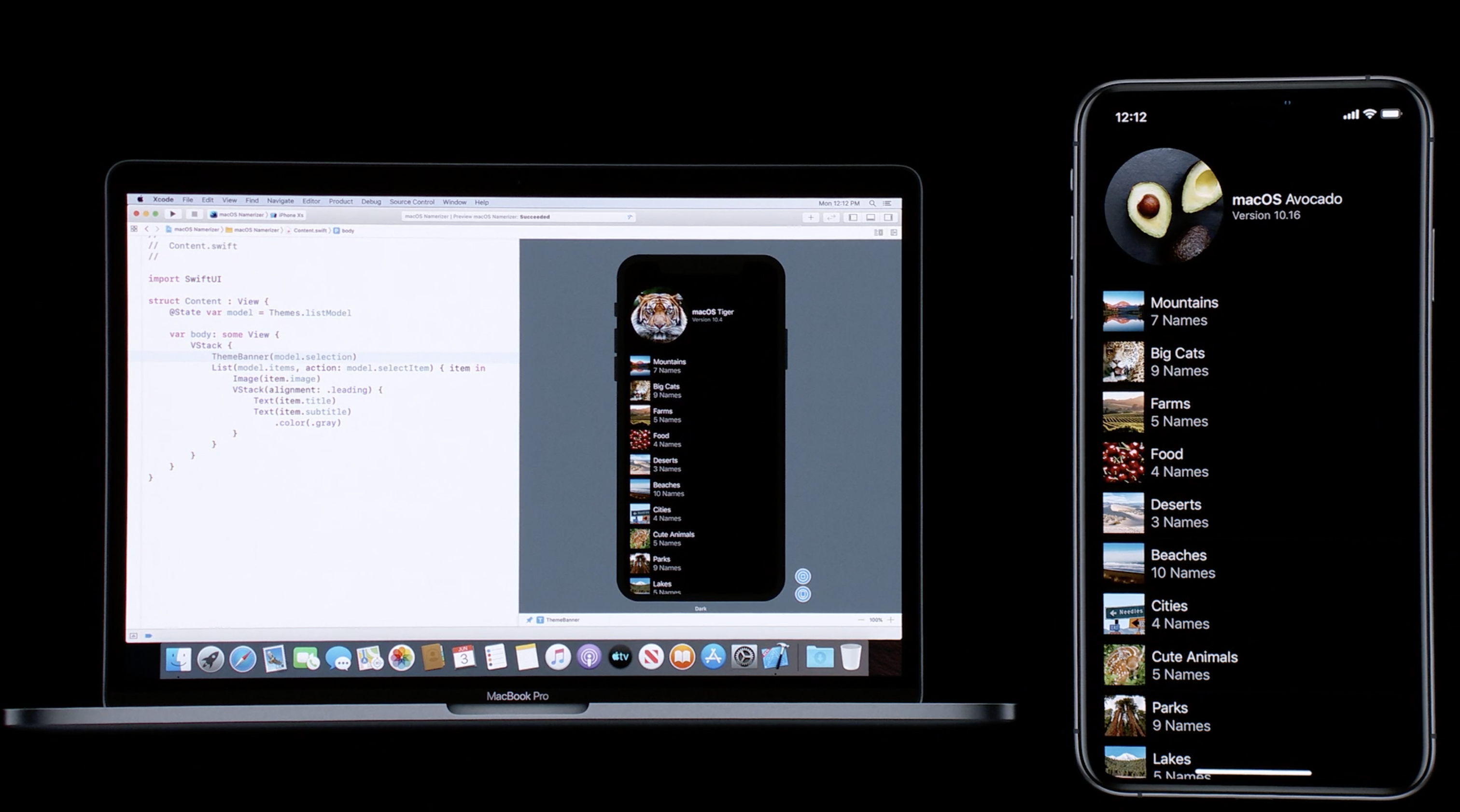
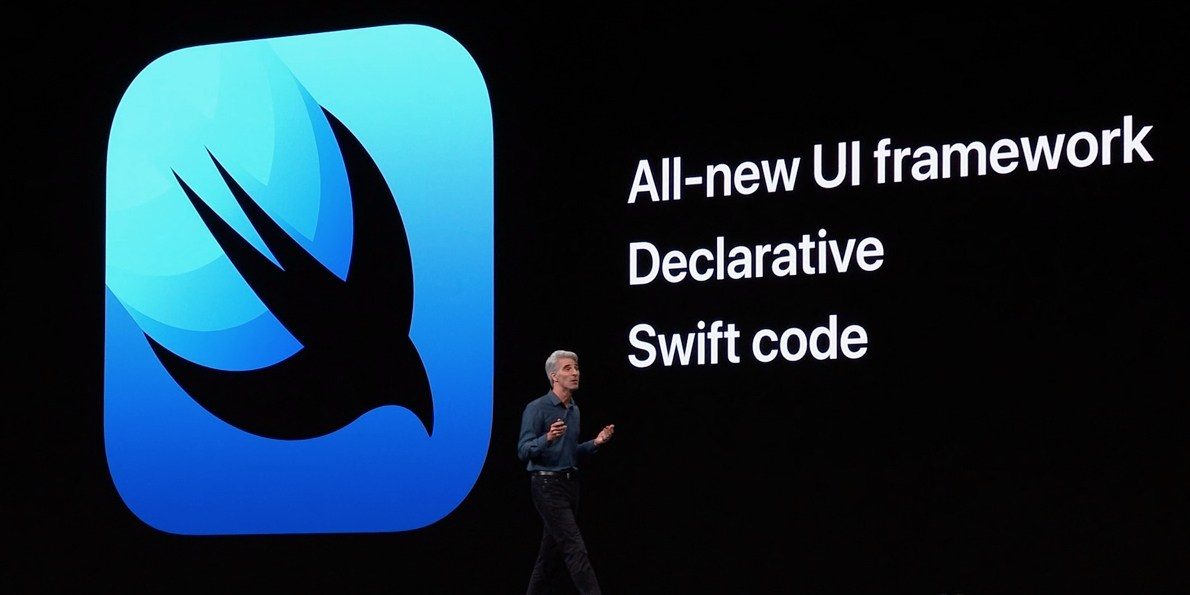
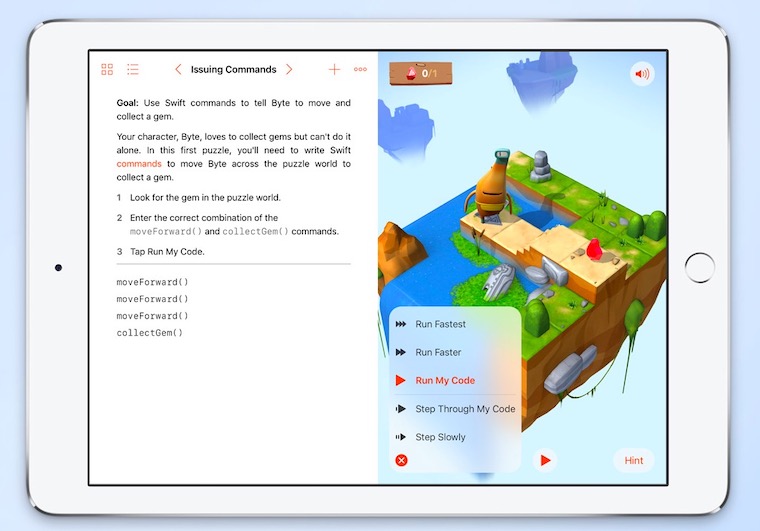

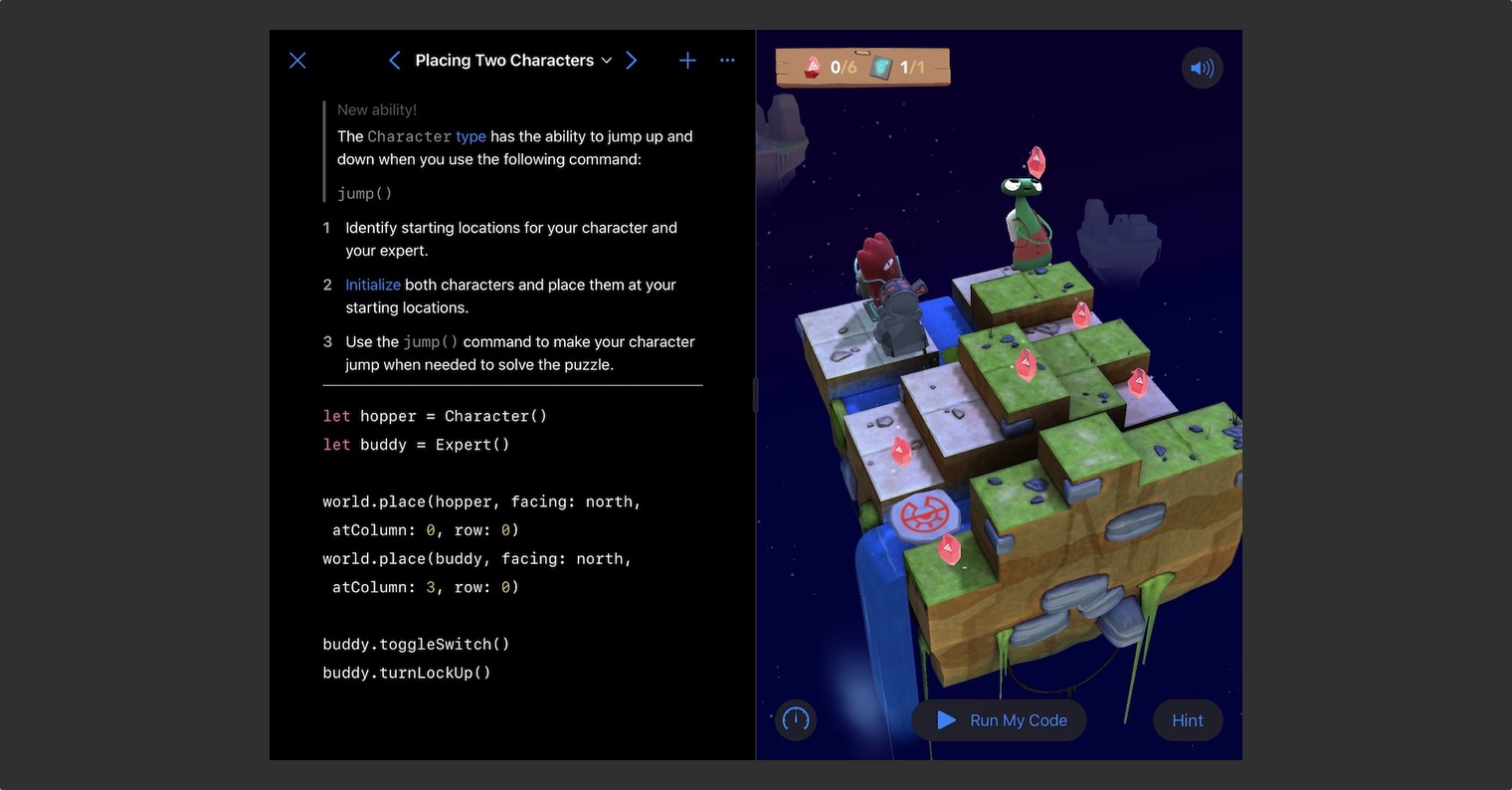

So first he measures the numbers himself from the point of view of the displays and the adaptive refresh rate, but it doesn't bring any real numbers, and then this and the conclusion? You are seriously disabled.
And isn't the RAM file size related to multitasking rather than speed? That's just an aside, it largely depends on what kind of RAM they have, how fast it is, and then how the system handles it. Another important factor is that Android approaches applications differently, we write services that have the right to run in the background, which is not possible with Apple... and if we had to compare, it would be appropriate to decide between Google Pixel phones vs. iPhones, because Samsung adds a government ballad that is not seen, if you want to compare systems, compare them in their pure form (or as close to their pure form as possible)
You're crazy
A simple explanation of why Android phones need more RAM than iOS ones and there will be a wave of hate from Android users :D If only people were happy with their phones and didn't constantly look for problems with others :D
That's why they don't have enough frame Because they can't create a bigger frame and what they give 6GB won't even download any game... Android simply isn't better
What the hell are you talking about? If apple knew that it would benefit the iPhone, it would put more memory there. And not that he can't. Don't forget that apple has the best mobile processors. And do you think he won't pull any game? Don't be laughed at. It's obvious you've never had one
does anyone here have complexes, or are you just a 13-year-old kid who can't read with comprehension :D
For years I only used android phones and just cursed at Apple. But when I had the opportunity to try apple, I didn't hesitate. I wouldn't change anymore. Of course, Apple doesn't need as much RAM as Android because the system is "better" written and it doesn't have as much ballast from different manufacturers. We all have our own opinion on apple and android, but those who haven't tried apple can't compare.
Agreement. You try once and then you have to. I know only a few people (almost none) who went in the opposite direction, and if they did, it was because of the free market for Android applications.